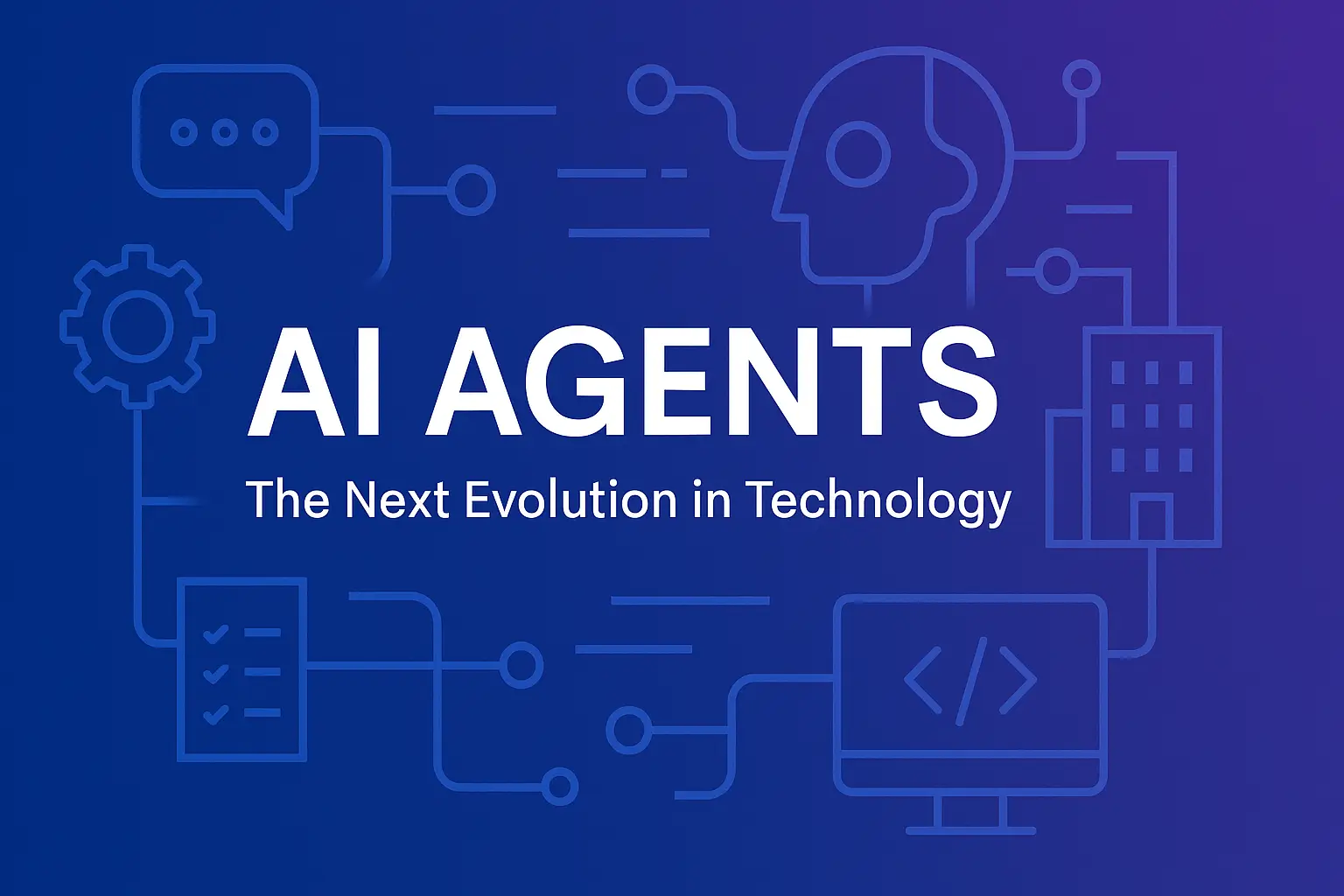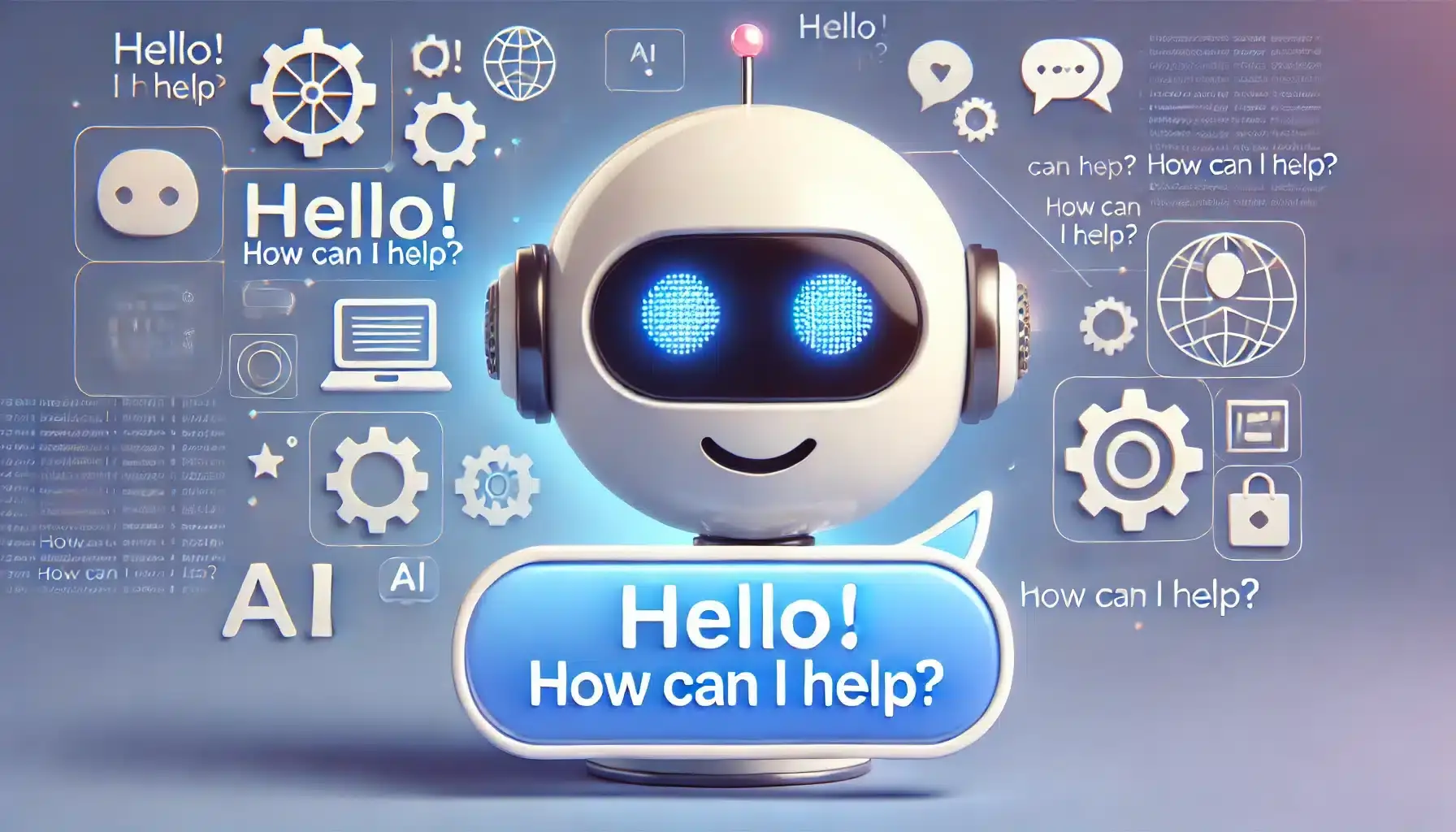In recent years, the field of Artificial Intelligence (AI) has seen remarkable advancements. From machine learning to deep learning, the capabilities of AI are expanding, and so are its applications.
One notable development is in Natural Language Processing (NLP), enabling machines to understand and respond to human language with a higher degree of accuracy. This advancement is paving the way for more intuitive user interfaces and improved customer service through chatbots.
In the realm of healthcare, AI is assisting in the detection of diseases at an early stage, thus improving the prognosis for many patients. Moreover, it’s playing a vital role in drug discovery, speeding up the process which traditionally takes years.
On the roads, autonomous vehicles are no longer a figment of the imagination but a reality, thanks to AI. The technology is not only making self-driving cars safer but also more efficient.
AI’s impact is also felt in the business sector, where it’s helping companies make data-driven decisions. Predictive analytics, powered by AI, is helping businesses anticipate market trends and customer needs, thus gaining a competitive edge.
However, with great power comes great responsibility. As AI continues to permeate various sectors, ethical considerations are becoming paramount. Issues such as data privacy, bias in AI decision-making, and the potential for job displacement are prompting a discourse among stakeholders.
The journey of exploring the frontiers of AI is an exciting yet challenging one. As we forge ahead into a future where AI is likely to be a cornerstone, it’s imperative to address the ethical implications while harnessing the potential of AI for the greater good.




